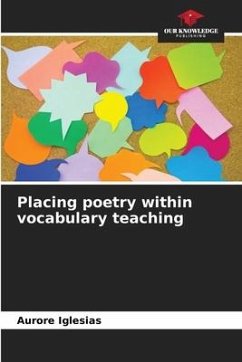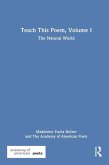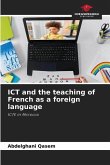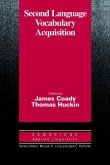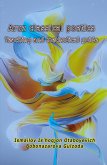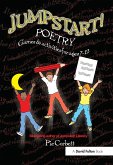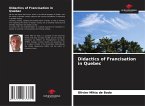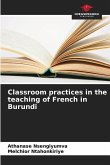There are no methods for teaching vocabulary as such. Teachers who wish to address this issue can refer to the contributions of language sciences to fuel their practice. It is in this perspective that our questioning was developed, since we are interested in pedagogical practices likely to favour the acquisition of lexical skills in pupils. Considering the interest in developing a metalinguistic posture in pupils, we question the place that can be given to poetry within lexical activities in cycle 3. We assume that poetic texts can be privileged supports for discovering, observing and analysing the functioning of the lexicon. So why and how should poetry be placed within the teaching of vocabulary in cycle 3? The challenges of lexicon and poetry must be combined for students to succeed. The language of the poet and that of the pupil can legitimately meet in the classroom, where poetry becomes a place of lexical discovery. Students, future school teachers, literature teachers or practising teachers, let us bring poetry into the didactics of vocabulary.
Bitte wählen Sie Ihr Anliegen aus.
Rechnungen
Retourenschein anfordern
Bestellstatus
Storno

